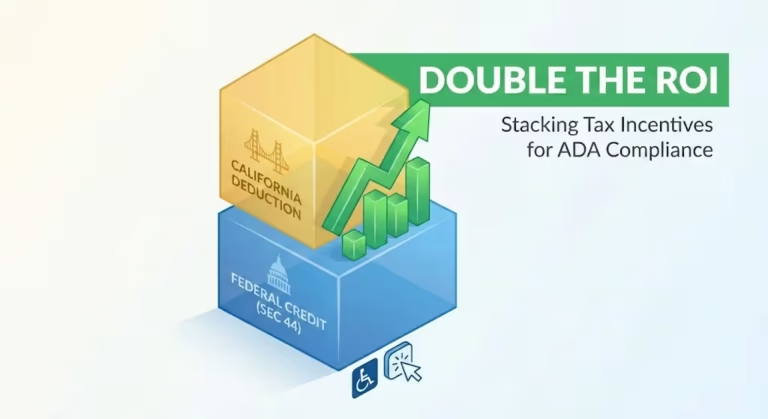In the ever-evolving world of digital marketing, staying ahead of the competition is vital. One of the key strategies that can significantly impact your website’s search visibility is SEO meta tags. These often misunderstood elements play a crucial role in helping search engines understand your content and, in turn, boost your rankings. In this guide, we will demystify SEO meta tags and show you how to leverage them for improved search visibility.
What are SEO Meta Tags?
SEO meta tags are snippets of HTML code that provide information about a webpage’s content to search engines. These tags don’t appear on the visible part of your webpage but are embedded within the page’s source code. When a search engine crawls your site, it uses these meta tags to understand the topic and relevance of your content, ultimately affecting how your page appears in search results.
Types of SEO Meta Tags
Title Tags (Meta Title):
The title tag is one of the most critical Search Engine Optimization meta tags. It defines the title of your webpage and appears as the clickable headline in search results. Including your target keywords in the title tag can significantly boost your page’s search visibility.
Meta Descriptions:
The meta description is a brief summary of your webpage’s content. Although not a direct ranking factor, a well-crafted meta description can entice users to click on your link in search results, increasing your click-through rate (CTR).
Header Tags (H1, H2, H3, etc.):
While not traditional meta tags, header tags are essential for organizing your content and signaling its hierarchy to search engines. The H1 tag should contain your primary keyword and provide a clear, concise description of your page’s main topic.
Meta Keywords (Deprecated):
Historically, meta keywords were used to tell search engines which keywords were relevant to a page. However, due to abuse and misuse, major search engines no longer consider them.
Tips for Optimizing SEO Meta Tags
Keyword Research:
Begin by conducting thorough keyword research to identify the most relevant and high-performing keywords for your content. Use these keywords strategically in your meta tags.
Unique Titles and Descriptions:
Ensure that each page on your website has a unique title tag and meta description. This helps prevent duplicate content issues and allows you to target different keywords for various pages.
Compelling Content:
Your meta description should be enticing, encouraging users to click through to your website. It should accurately represent your content and address the user’s intent.
Length Matters:
Keep your title tags under 60 characters and meta descriptions under 160 characters to ensure they display correctly in search results.
Regular Updates:
As your content evolves, make sure to revisit and update your meta tags to reflect any changes in focus keywords or content.
In conclusion, Search Engine Optimization meta tags are a fundamental part of on-page Search Engine Optimization that can significantly impact your website’s search visibility. By understanding and optimizing title tags, meta descriptions, and header tags, you can enhance your site’s performance in search engine results pages (SERPs). Remember that Search Engine Optimization is an ongoing process, so regularly monitoring and updating your meta tags is essential to maintain and improve your search rankings. Start implementing these tips today, and you’ll be well on your way to improved search visibility for your website.


